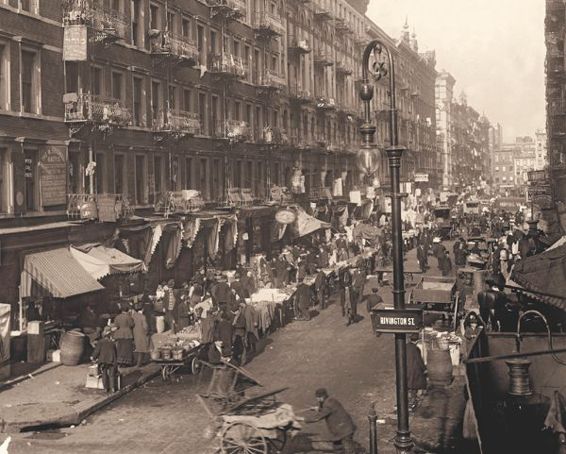Robert J. Dalessandro - The Great War : a World War I historical collection
Here you can read online Robert J. Dalessandro - The Great War : a World War I historical collection full text of the book (entire story) in english for free. Download pdf and epub, get meaning, cover and reviews about this ebook. City: Atlanta, GA, year: 2013, publisher: Whitman Publishing, LLC, genre: History. Description of the work, (preface) as well as reviews are available. Best literature library LitArk.com created for fans of good reading and offers a wide selection of genres:
Romance novel
Science fiction
Adventure
Detective
Science
History
Home and family
Prose
Art
Politics
Computer
Non-fiction
Religion
Business
Children
Humor
Choose a favorite category and find really read worthwhile books. Enjoy immersion in the world of imagination, feel the emotions of the characters or learn something new for yourself, make an fascinating discovery.
- Book:The Great War : a World War I historical collection
- Author:
- Publisher:Whitman Publishing, LLC
- Genre:
- Year:2013
- City:Atlanta, GA
- Rating:5 / 5
- Favourites:Add to favourites
- Your mark:
The Great War : a World War I historical collection: summary, description and annotation
We offer to read an annotation, description, summary or preface (depends on what the author of the book "The Great War : a World War I historical collection" wrote himself). If you haven't found the necessary information about the book — write in the comments, we will try to find it.
The Great War: A World War I Collectors Vault offers a dramatic new way to experience the breadth and the scope of the War to End War, from the corridors of power where statesmen and royalty watched the course of battle, to the muddy trenches where the soldiers fought, struggled, and longed for home. Tucked inside the book youll find replicas of wartime artifacts: aircraft silhouette cards, tank blueprints, a German field-engineering manual, a mimeographed Trench Order and Sector Map, orders from HQ, a press pass into the Versailles Treaty negotiations, and more.
Along with these pieces of history, youll be immersed in a gripping narrative, richly illustrated by seldom-seen images.
Lear the story of the Great War as only an award-winning military historian could tell it. The Great War: A World War I Collector Vault is you exclusive invitation to explore the defining conflict of the 20th century.
Table of Contents
- Chapter 1: Our Last Summer The world stage before August 1914: a political and socio-economic overview; the Balkan Crisis and the assassination of Archduke Franz Ferdinand; the politics and science of mobilization; the war by the years
- Chapter 2: A War of Attrition The war before the entry of the United States; 1914 and the violation of Belgium; 1915 stalemate and other fronts; and the bloody Somme.
- Chapter 3: The Yanks Are Coming Americas entry into the war; the arrival of American troops; the 1918 Allied advance; the American Meuse-Argonne campaign.
- Chapter 4: The Armistice The day the war ended; the Versailles Treaty; the Watch on the Rhine; the occupation of Germany; Plan 1919, and Europe redrawn.
Robert J. Dalessandro: author's other books
Who wrote The Great War : a World War I historical collection? Find out the surname, the name of the author of the book and a list of all author's works by series.

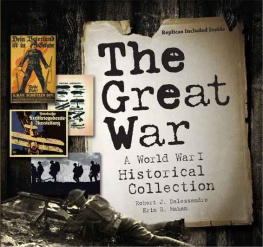
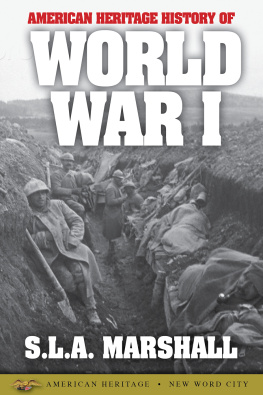
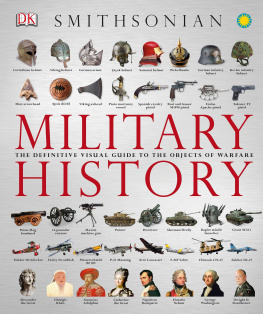


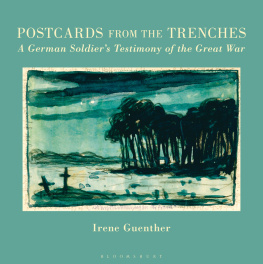

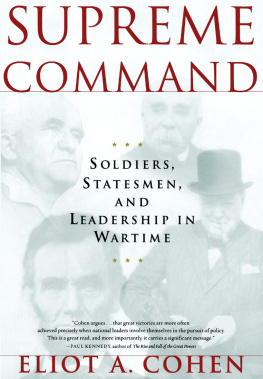
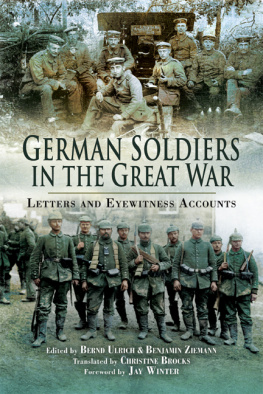
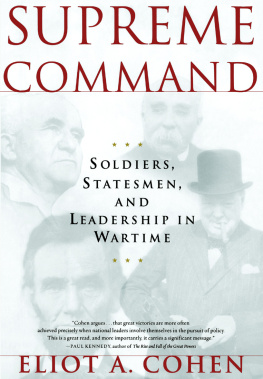

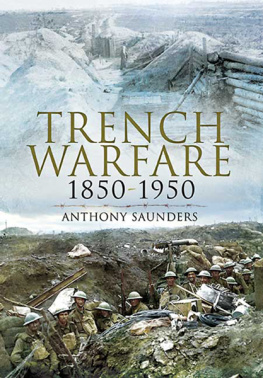




 Our Last Summer
Our Last Summer




